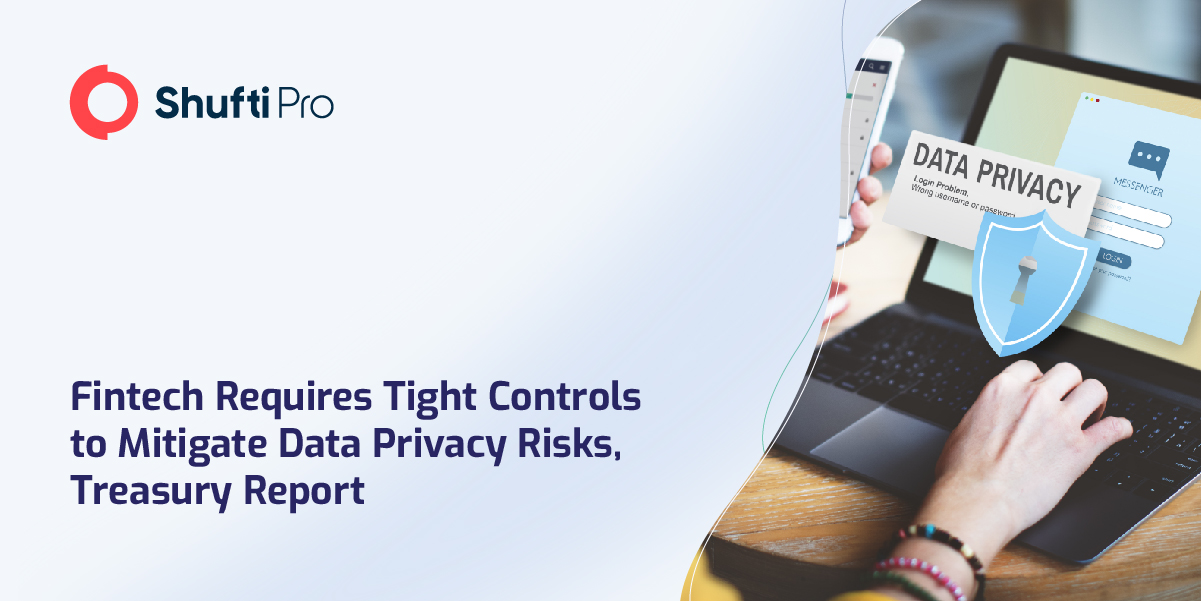News
MENAFATF Adopts Abu Dhabi Recommendations to Counter Money Laundering and Terrorism Financing
An international group based on the FATF format, MENAFATF, has adopted the Abu Dhabi recommendati...
 Explore More
Explore More
News
Paraguay- Brazilian Bank Fined Heavily for Anti-money Laundering Non-compliance.
A major Brazilian Bank in Paraguayan has been sanctioned by the Paraguayan government. Latin Amer...
 Explore More
Explore More
News
US Takes Steps to Regulate Digital Currency Amid Russian Sanction
President Biden signed an executive order on Wednesday wherein the federal government was urged t...
 Explore More
Explore More
News
Philippines anti-money laundering council demands strict POGO regulations
The Philippines Anti-Money Laundering Council (AMLC) has advised of an “increasing level of threa...
 Explore More
Explore More
News
The UAE Central Bank Revokes Dirham Exchange’s Licence for AML Misconduct
Dirham Exchange, an exchange house based in the UAE, has had its licence revoked by The UAE Centr...
 Explore More
Explore More
News
The Bahamas to Launch a Payment Card for Central Bank Digital Currency
Bahamas’ Central Bank has joined hands with Mastercard and digital payment startup Island Pay to ...
 Explore More
Explore More
News
South Africa Enforces New Rules to Transfer Funds Abroad
The South African Revenue Service (SARS) has made regulatory changes to transfer funds overseas, ...
 Explore More
Explore More
News
AMLC Downgrades Terror Financing Risks in the Philippines From High to Medium-High
According to the anti-money laundering council, the Philippines’ terrorist and terrorism fi...
 Explore More
Explore More
News
AUSTRAC, Home Affairs Say Tech Capability Not There Yet for Crypto Travel Rule
While it is understood that the crypto Travel Rule will prove to be a ‘game changer’,...
 Explore More
Explore More
News
The SEC Uncovers a Pyramid Scheme and Charges Multiple Individuals
The U.S. regulatory authority SEC uncovered a crypto pyramid scheme that stole approximately US$2...
 Explore More
Explore More
News
National Assembly Passes Revised AML Law and Thrift Practice Resolution
The National Assembly (NA) has passed the revised law on Money Laundering Prevention and Control ...
 Explore More
Explore More
News
AI-based voice cloning induces new scams
Vijay Balasubramaniyan, the CEO, CTO, and Co-founder of Pindrop Security, warns the world about a...
 Explore More
Explore More
News
Financial Crimes Surged Amid COVID-19, Says FATF
Financial Action Task Force (FATF) speaks up about the adverse effects of COVID-19 on financial r...
 Explore More
Explore More
News
Ghana Records $4.33m Financial Losses to Cyber Fraud in Q1’23
Ghana suffered direct financial losses of US $4.33 million due to cyber fraud activities between ...
 Explore More
Explore More
News
Ransomware gang strikes three companies in the US and Canada
The well-known ransomware group REvil has initiated another series of attacks targeting three com...
 Explore More
Explore More
News
PayPal is hiring crypto engineers amid rumors of Bitcoin integration
Crypto and blockchain experts are being hired by Paypal as rumors circulate that the global payme...
 Explore More
Explore More
News
Amazon Warns UK Customers Over Rising Threat of Impersonation Scams
Amazon has cautioned UK customers about the rising threat of impersonation scams via phone calls,...
 Explore More
Explore More
News
US Government Announces Reward for Identifying Sanctioned Russian Assets
The US government has announced financial rewards of up to $5 million for information leading to ...
 Explore More
Explore More
News
Bank of Spain Issues New Cryptocurrency Regulations
Virtual asset service providers, banks, and other financial institutions are now required to regi...
 Explore More
Explore More
News
Brazil’s financial regulator launches regulatory blockchain
The Banco Central do Brasil (BC) recently declared the launching of a new blockchain platform cal...
 Explore More
Explore More
News
FATF Issues Guidance Paper For Incorporating Digital ID
The Financial Action Task Force (FATF) has issued a guidance paper, last week, that outlines a ri...
 Explore More
Explore More
News
Taiwan Bans Four Foreign Banks for Breaching FX Regulations
The Central Bank of Taiwan has penalized four foreign banks for assisting 8 major grain companies...
 Explore More
Explore More
News
Bank of Lithuania Open Probe on UK Fintech over Alleged Money Laundering
Bank of Lithuania is reportedly investigating UK fintech Railsr over Anti-Money Laundering and Co...
 Explore More
Explore More
News
Thai Police Bust $27M Crypto Scam and Seize Multiple Luxury Properties
In a recent operation, Thai authorities uncovered a $27m crypto scam targeting local investors an...
 Explore More
Explore More
News
FCA Fines Gatehouse Bank £1.58mn for Breaching Money Laundering Regulations
The Financial Conduct Authority (FCA) has fined Gatehouse Bank £1.58 million. The regulator disco...
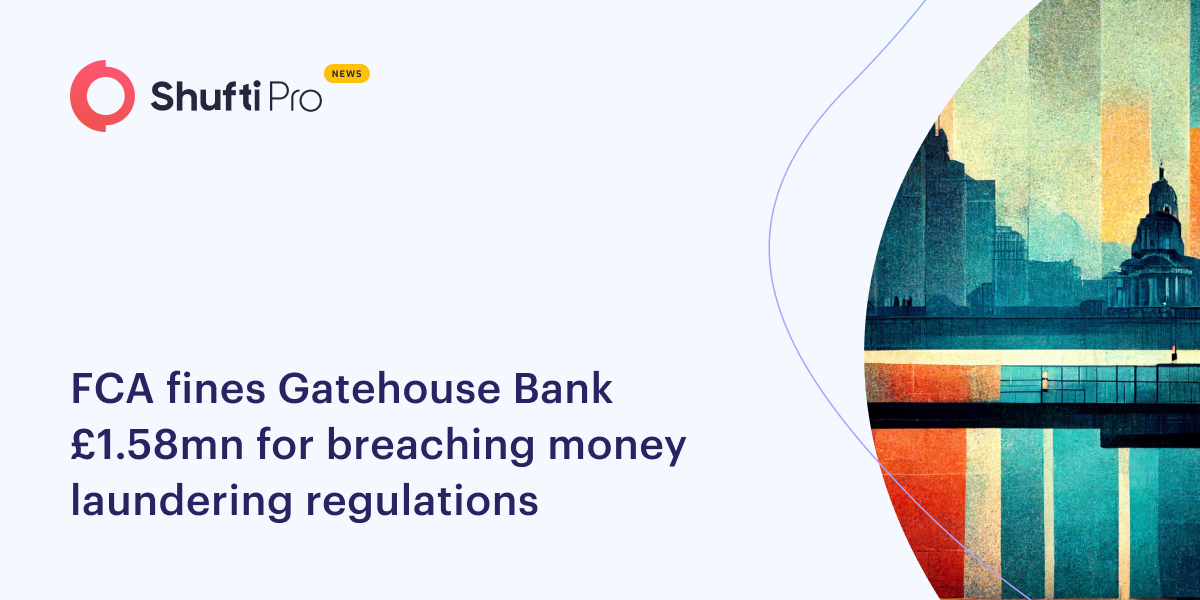 Explore More
Explore More
News
Germany to Form a new Anti-Money Laundering Agency
Germany is reportedly forming a new AML agency that aims to regulate sanction efforts and money l...
 Explore More
Explore More
News
FCA Reviews UK Small Trade Finance Lenders to Ensure Compliance
FCA is reviewing UK’s small trade finance lenders to assess their due diligence, risk assessment,...
 Explore More
Explore More
News
Credit Union Identity Theft Investigation Handed Over to Federal Prosecutors
NY Police have handed over the investigation of a $100,000 ID theft ring allegedly involving a fo...
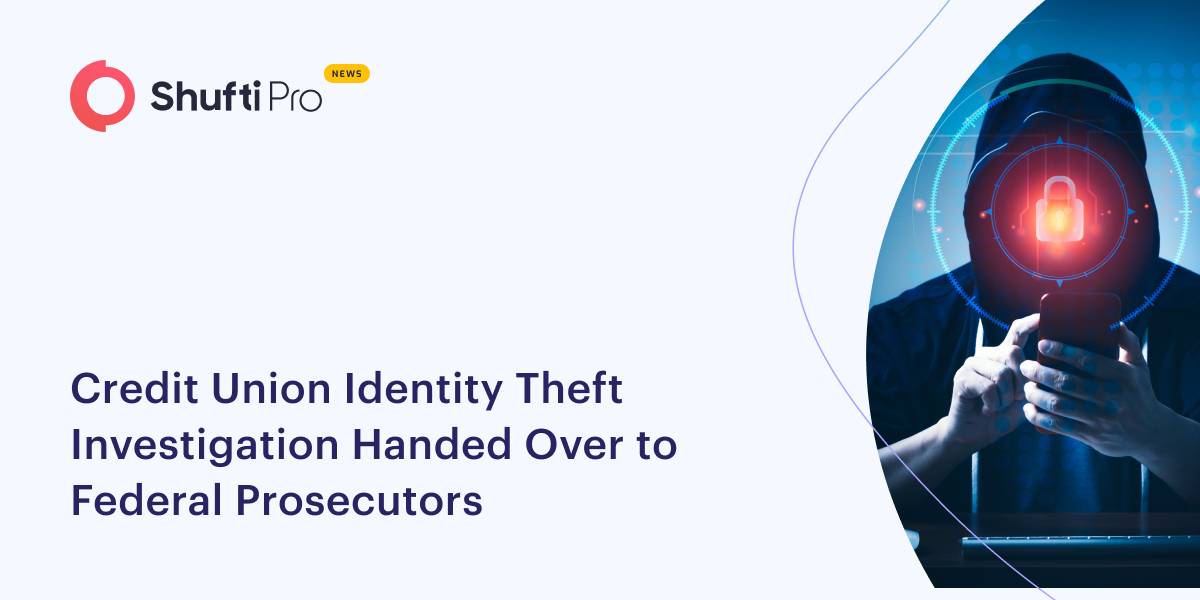 Explore More
Explore More
News
Millions of Twitter and Facebook Users May Have Had Their Accounts Compromised
Facebook and Twitter announced on Monday that the personal data of millions of users may have bee...
 Explore More
Explore More
News
EU Limits Use of Cash and Cryptocurrency to Curb Financial Fraud
The European Union (EU) has issued new measures to limit use of cash and cryptocurrencies to tack...
 Explore More
Explore More
News
FSRA to Take Action Over the MGA’s Training Practices
The Financial Services Regulatory Authority of Ontario (FSRA) has notified that it’s going to tak...
 Explore More
Explore More
News
Lake County Attorney Launches a Financial Crimes Unit to Combat Fraud
Lake County state’s attorney announced a new Financial Crimes Unit to deal with money laundering,...
 Explore More
Explore More
News
UAE Banks Asked to Strengthen their AML/CFT Measures
UAE financial institutions and the banks are required to prioritize eliminating money laundering ...
 Explore More
Explore More
News
RBI Gives Stark Warning Against Emerging KYC Fraud
RBI states that sensitive details should not be disclosed via unverified or unauthorised channels...
 Explore More
Explore More
News
FIAU Fines Crypto Firm €460,000 for Anti-Money Laundering Violations
FIAU (Financial Intelligence Analysis Unit) charged a crypto exchange and broker with a €463,235 ...
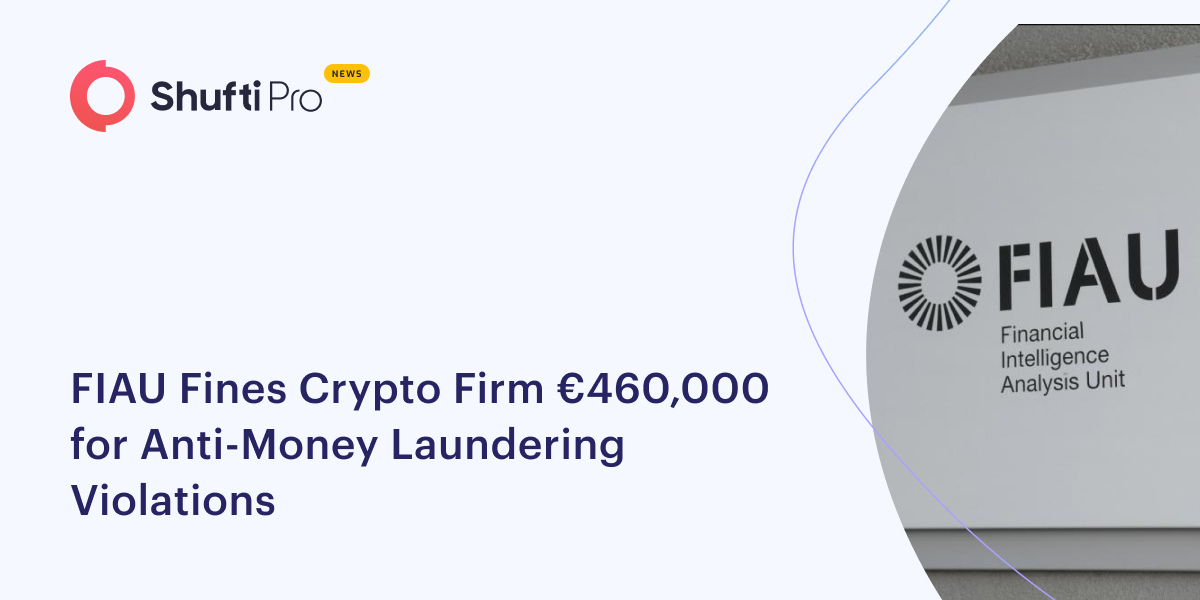 Explore More
Explore More
News
NFIU Increases Efforts to Remove Nigeria from FATF Gray List
The Nigerian Financial Intelligence Unit (NFIU) has stated that it is working towards removing th...
 Explore More
Explore More
News
RBI Gives Stark Warning Against Emerging KYC Fraud
RBI states that sensitive details should not be disclosed via unverified or unauthorised channels...
 Explore More
Explore More
News
FATF and EU Delist Bahamas from AML Blacklist
European Union has finally removed Bahamas from its AML blacklist, right after FATF has delisted ...
 Explore More
Explore More
News
IRS Deploys Effective Filters to Detect and Prevent Tax Evasion
The Treasury Inspector General for Tax Administration released an interim filing season report on...
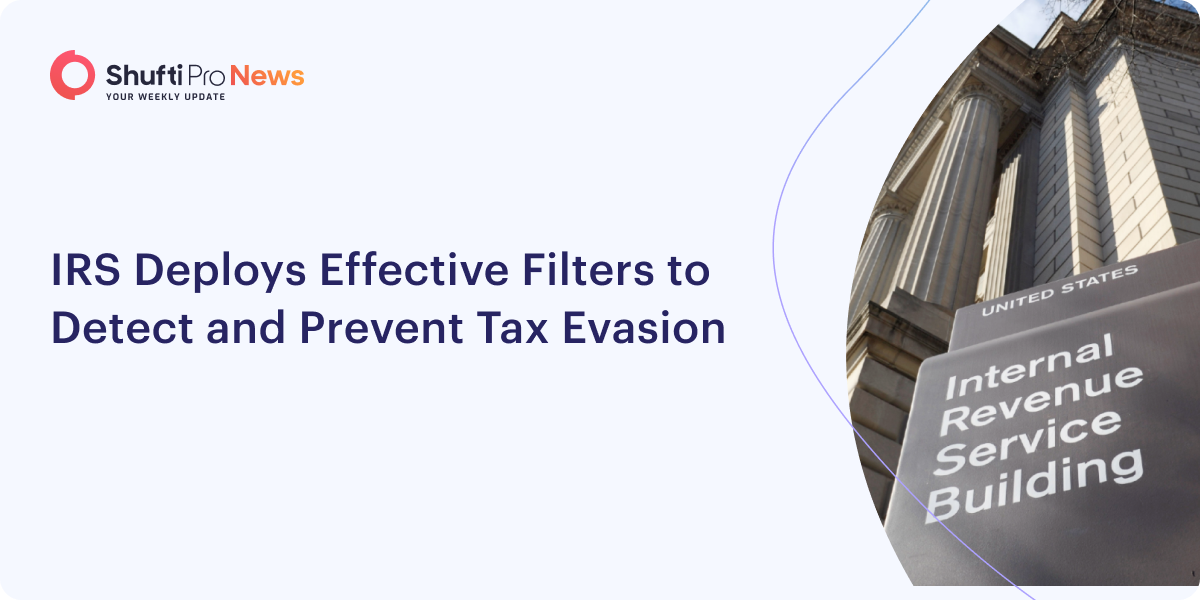 Explore More
Explore More
News
Saudi’s SAMA Warns Clients of Upsurge in Financial Fraud
SAMA urges clients to practice the highest degree of caution and prevents exposing any confidenti...
 Explore More
Explore More
News
UK Approves New Bill to Enhance Security in the Cryptocurrency Sector
The UK government has approved a bill to grant power to the authorities to seize cryptocurrency p...
 Explore More
Explore More
News
Finance Minister Şimşek States Turkey will Devote Itself to the Prevention of Money Laundering
Deputy Treasury and Finance Minister Mehmet Şimşek stated that Türkiye would counter terrorist fi...
 Explore More
Explore More
News
Denmark’s Gambling Authority Issues Reminder for AML Duties
All licensed businesses are reminded to report suspicious transactions that may be indicative of ...
 Explore More
Explore More
News
ECB Will Be Launching Digital Euro Project
An electronic equivalent of banknotes and coins, the digital euro will likely be a digital wallet...
 Explore More
Explore More
News
Congress to Pass Urgently Needed AML & Whistleblower Protections Against Russian Oligarchs
Congress is close to passing urgently required AML and whistleblower protections targeting Russia...
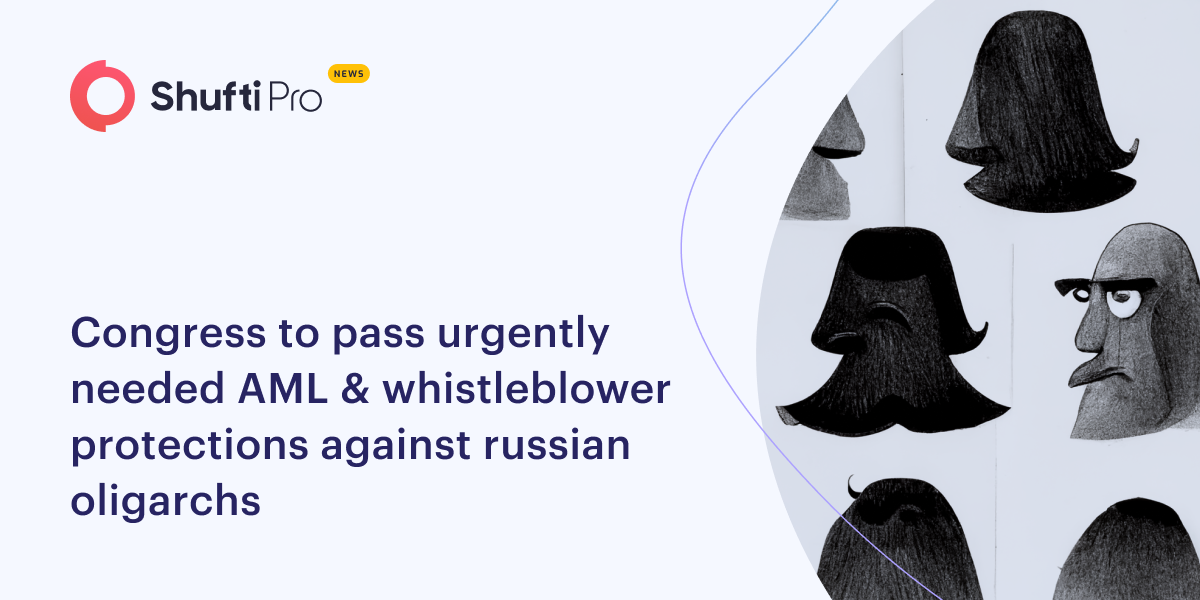 Explore More
Explore More
News
FATF Claims Golden Visa Programs Raise Financial Crimes Activities
The international regulatory body, Financial Action Task Force (FATF), reported that Citizenship ...
 Explore More
Explore More
News
UAE Levies Charges Over DH115 Million to Combat Money Laundering
A total of Dh115 million ($31.3 million) has been fined by the UAE in its efforts to impede money...
 Explore More
Explore More
News
Despite KYC, Dutch Central Bank Struggles over Crypto Ownership Records
Despite the strict measures for KYC requirements, the Central Bank of the Netherlands is still mu...
 Explore More
Explore More
News
Growing List of Countries are Introducing Regulations on Crypto
Ukraine’s Parliament officially adopted the Draft Law On Virtual Assets. Prior to this, cryptocur...
 Explore More
Explore More
News
NCA Seizes Gold Bars Worth £650,000 from Money Laundering Network
The National Crime Agency has found a forfeiture order for 15 gold bars that are worth £650,000. ...
 Explore More
Explore More
News
NAB Updating KYC Data of 9M Customers
Project Apollo has been initiated by NAB in an attempt to meet AML obligations.
In August 2021, ...
 Explore More
Explore More
News
Personal Privacy Concerns Raised over FinCEN’s Proposed Crypto Rules
The advocacy group in their latest comment has disregarded the proposed regulatory requirements b...
 Explore More
Explore More
News
Another COVID-related lure: Phishing Scam Targeting Email Users
Amid the COVID-19 outbreak, email users are constantly warned against fraudulent emails and scams...
 Explore More
Explore More
News
FIAU Fines iGaming Company Approximately €236,789 for Money Laundering
The Financial Intelligence Analysis Unit has ordered a Malta-based remote gaming operator to pay ...
 Explore More
Explore More
News
Officials of 16 Countries Teamed Up for a Major Transnational Operation against Money Laundering
On October 15, Europol announced its successful operation against a renowned criminal group calle...
 Explore More
Explore More
News
Credit Cards are Risky for Crypto Transactions, Says Taiwan’s Financial Watchdog
Credit cards should not be used for crypto-related transactions, as stated by Taiwan’s financial ...
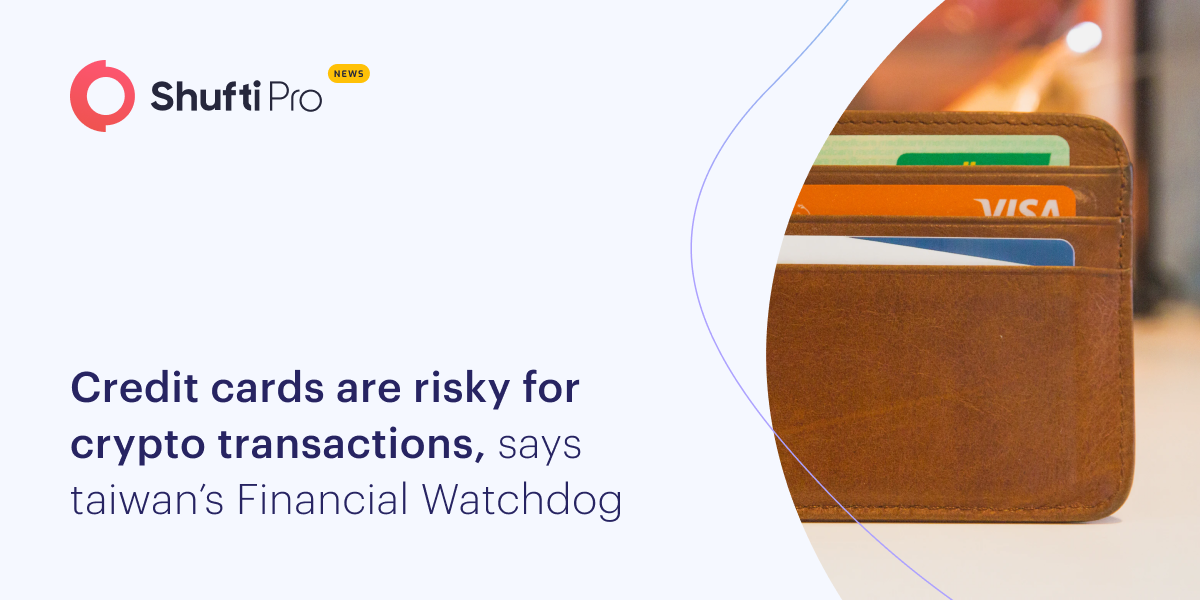 Explore More
Explore More
News
US Department Of Justice Announces Enforcement Actions to Regulate Cryptocurrency
The US Department of Justice (DOJ) announced several enforcement actions against cryptocurrency a...
 Explore More
Explore More
News
Conveyancers Used for Laundering Millions of Pounds across the UK
Government warns that hundreds of millions of pounds are being laundered by criminals across the ...
 Explore More
Explore More
News
AUSTRAC: Loan Fraud is the Main AML/CFT threat to Non-banks
AUSTRAC report states loan scams and identity fraud as the main threat to AML/CFT compliance when...
 Explore More
Explore More
News
FINMA Penalizes Swiss Bank over Money Laundering of $78 Million
The Swiss regulatory authority, FINMA, initiated a lawsuit against the senior management at Juliu...
 Explore More
Explore More
News
Hong Kong Provides Guidance to Fight Financial Crimes Emerging from COVID-19
The Monetary Authority in Hong Kong (HKMA) has issued new guidelines for the banks on merging ext...
 Explore More
Explore More
News
FATF to Blacklist Myanmar Over Money Laundering Concerns
Myanmar faces a blacklisting threat by a FATF because of AML compliance failure and weak regulati...
 Explore More
Explore More
News
G-20 impels countries to adopt tough FATF Regulations on Cryptocurrencies
Bankers and finance ministers in the G-20 (Group of Twenty) are urging for greater acceptance of ...
 Explore More
Explore More
News
Dubai Sets up Special Court to Tackle Money Laundering
The new court of law has been established to combat money laundering and related financial crimes...
 Explore More
Explore More
News
FIAU Charges ECCM Bank €310,000 for Weak AML Controls
FIAU charged Silema-based ECCM Bank €310,000 over failings in money laundering controls, revealin...
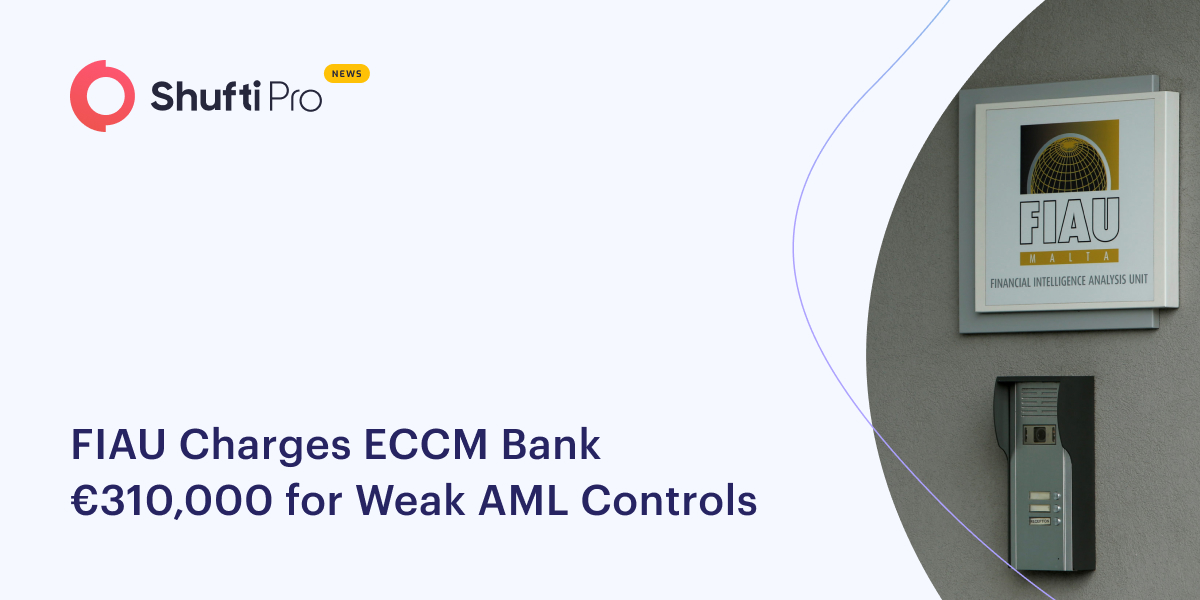 Explore More
Explore More
News
Effective Measures are Needed to Tackle Money Laundering and Terrorist Financing, Says EMLCU’s Head
The Union of Arab Banks arranged the three-day anti-money laundering and terrorist financing even...
 Explore More
Explore More
News
European Banking Authority Publishes Final Guidelines on Remote Customer Onboarding
The European Banking Authority (EBA) has issued its final policies on remote customer onboarding ...
 Explore More
Explore More
News
Clearview AI will be facing the legal claims after critical NYT report
Clearview AI is an artificial intelligence firm providing facial recognition technology to US law...
 Explore More
Explore More
News
Cambodia and Thailand Police Forces Unite Against Money Laundering and Terrorist Financing
The Cambodian and Thailand National Police officers partner to bolster their strength against mon...
 Explore More
Explore More
News
Officials Concerned about the Russian Money Laundering Done Through the UK
The top officials in the UK have shown their concerns about the disturbing regularity of the Russ...
 Explore More
Explore More
News
Central Bank of UAE Issues New AML Guidelines to Mitigate Payment Fraud Risks
The Central Bank of UAE has issued new anti-money laundering guidelines to prevent payment frauds...
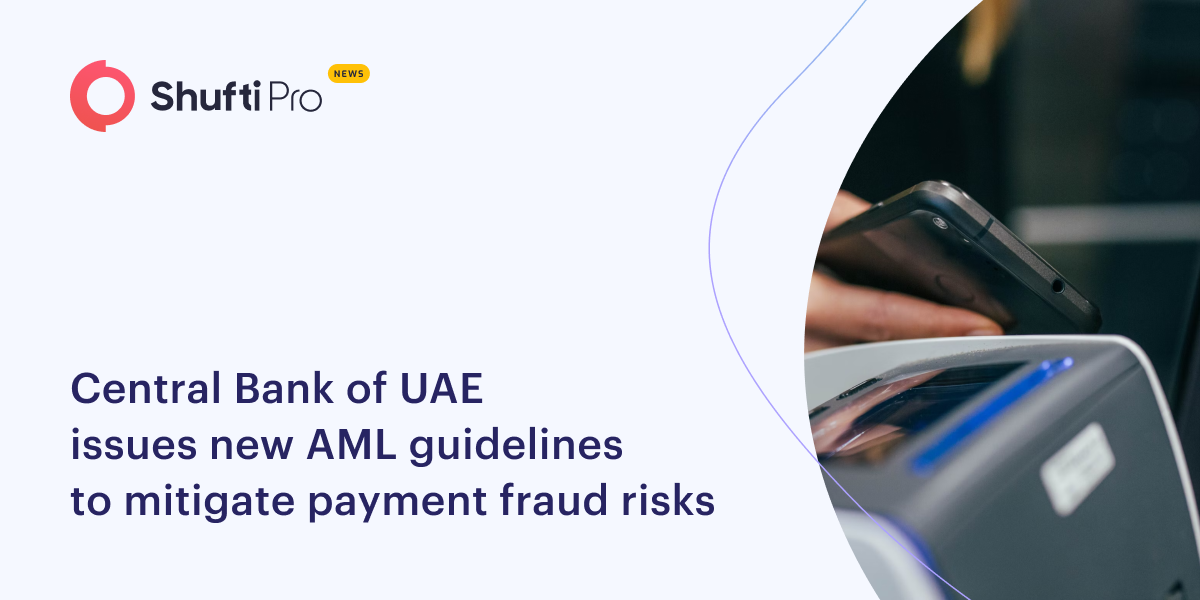 Explore More
Explore More
News
Gambling Commission Fines Entain £17m for Social Responsibility & Anti-Money Laundering Failures
Ladbrokes owner Entain has been fined £17m by the Gambling Commission for social responsibility a...
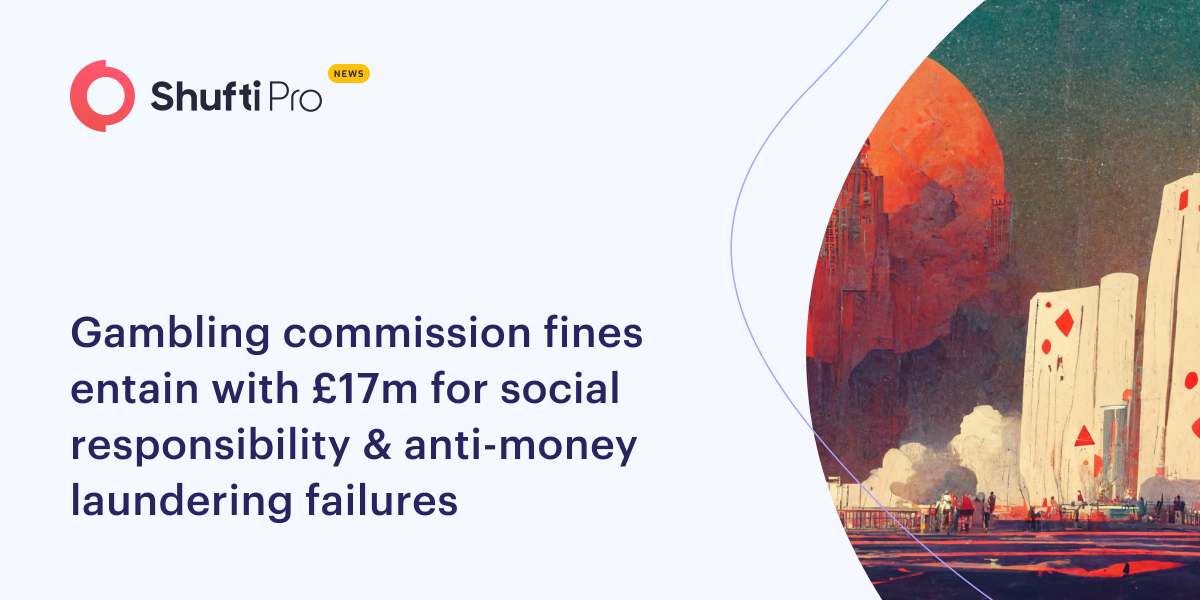 Explore More
Explore More
